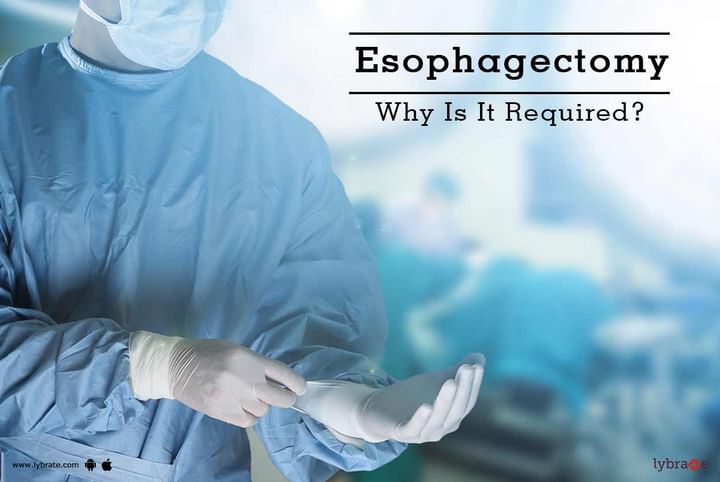Esophagectomy - Why Is It Required?
The surgical procedure to remove the oesophagus (the tube between your stomach and mouth), partially or completely, and reconstruct it by using a section of the large intestine or stomach is called esophagectomy.
Esophagectomy is commonly used to treat oesophageal cancer.
Uses:
Early-stage oesophageal cancer is frequently treated with an esophagectomy. Other than that, esophagectomy is also performed to treat oesophageal dysplasia (a condition in which cells in the oesophageal lining are precancerous or likely to develop cancer if not promptly treated).
Esophagectomy is commonly performed when cancer has spread to the stomach, lymph nodes or associated organs.
Some other conditions which require esophagectomy include:
-
Oesophageal trauma.
-
Swallowing of cell-damaging, or caustic agents such as lye.
-
Problematic stomach disorders that make the passage of food to the stomach difficult.
-
A previously performed esophagectomy was unsuccessful.
Procedures:
There are three ways a surgeon may perform an esophagectomy, which include:
-
Transthoracic Esophagectomy (TTE)
In this type of procedure, the incision is made on the chest. A TTE is mostly used to treat the following conditions:
-
-
Cancer present only in two-thirds of the oesophagus
-
Barrett’s oesophagus (Abnormal cell transformation in the lower oesophagus)
-
Damage to the oesophagus by swallowing a caustic agent
-
Reflux esophagitis (stomach acids return to the oesophagus) complications
-
-
Transhiatal Esophagectomy (THE)
In THE, the incision is made from the end of the breastbone to the bellybutton. THE is performed for the following conditions:
-
-
To remove the cancerous oesophagus
-
To tighten or narrow the oesophagus in order to make swallowing easier
-
To fix issues in the nervous system
-
To repair frequent gastroesophageal reflux
-
Correct a hole in the oesophagus caused by any caustic agent
-
-
En Bloc Esophagectomy
In this procedure, the oesophagus, part of the stomach and all the lymph nodes in the abdomen and chest are removed. The incisions are made in the abdomen, chest and neck; the stomach will be reshaped and brought up to the chest to put back the oesophagus.
Potentially curable tumours are treated by en bloc esophagectomy.
Outlook:
Recovery time of esophagectomy is three weeks approximately. You are allowed to go back to your regular diet after a month. You might find that you are eating smaller portions as your stomach size is reduced.



+1.svg)
